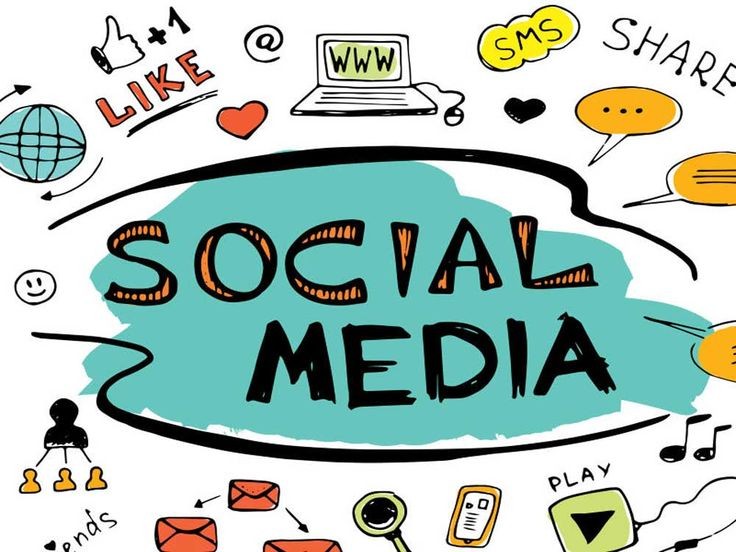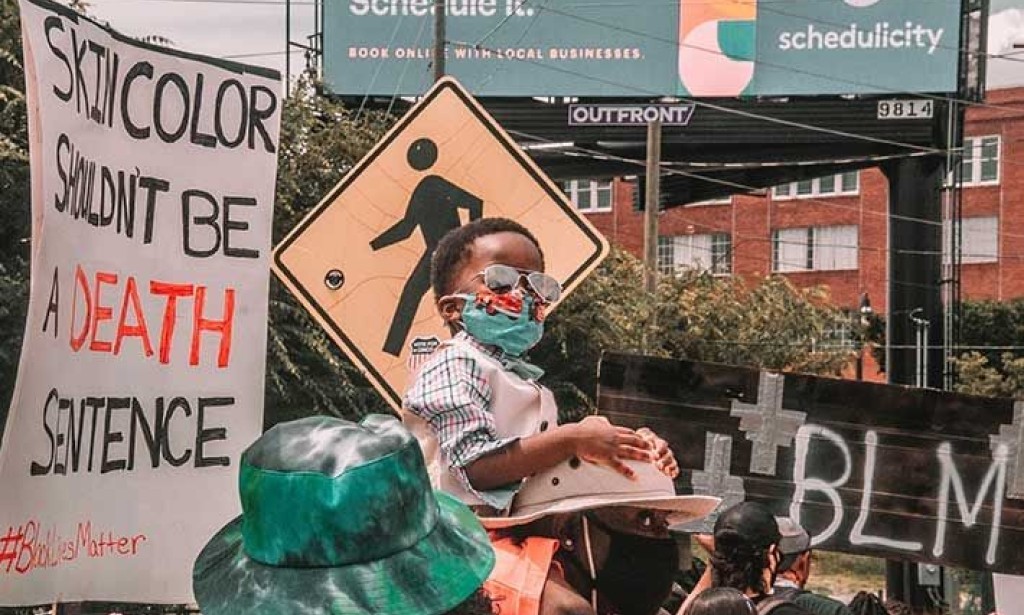The benefits and drawbacks of social media for political activism and engagement.

The world we live in today is deeply interconnected through the internet and social media platforms. With the widespread use of social media, it has become easier than ever before for individuals to engage in political activism and promote social causes. However, like everything else, there are both benefits and drawbacks to using social media for political activism and engagement.
In this article, we will discuss the benefits and drawbacks of social media for political activism and engagement.
Benefits of Social Media for Political Activism and Engagement
Easy Access to Information
Social media has made it easier than ever before to access information about political issues and events happening around the world. With the help of social media, people can learn about political campaigns, rallies, and protests, and can quickly access information about various political parties and their policies. Benefits of Social Media for Political Activism and Engagement:
Easy Access to Information: Social media platforms allow individuals to access information about political issues and events easily. This information can be disseminated quickly and widely, reaching a large audience almost instantaneously.
Increased Participation: Social media has made it easier for individuals to participate in political activism and engage in public discourse. This is because social media platforms provide a space for people to voice their opinions, share their experiences, and connect with like-minded individuals.
Amplified Voice: Social media provides a platform for individuals to amplify their voices and reach a wider audience. This can be especially beneficial for marginalized communities, whose voices may not be heard through traditional media channels.
Mobilization: Social media can be used to mobilize individuals and groups around a specific political issue or event. This can lead to the creation of powerful social movements that can effect change.
Drawbacks of Social Media for Political Activism and Engagement:
Filter Bubbles: Social media algorithms tend to create filter bubbles, where individuals are exposed only to information that reinforces their pre-existing beliefs and opinions. This can lead to polarization and make it more difficult for individuals to engage in meaningful political dialogue.
Misinformation: Social media platforms can be a breeding ground for misinformation and fake news. This can be especially problematic during political campaigns or when individuals are trying to make informed decisions based on accurate information.
Online Harassment: Social media platforms can also be a breeding ground for online harassment, which can deter individuals from participating in political discourse or activism.
Lack of In-Person Connection: Social media can be a powerful tool for connecting people and fostering engagement. However, it cannot replace in-person connections, which can be critical for building trust and creating lasting change.
Overall, social media has the potential to be a powerful tool for political activism and engagement. However, it is important to be aware of its limitations and drawbacks and to use it in a responsible and informed way.
Mobilizing and Organizing
Social media platforms allow individuals to mobilize and organize protests and events. For instance, social media played a critical role in the Arab Spring uprisings of 2011. Activists used social media platforms to coordinate protests and mobilize people against the ruling regimes. Similarly, social media was used during the Black Lives Matter protests in 2020 to organize demonstrations and promote social justice causes.
Amplifying Voices
Social media has the power to amplify the voices of marginalized groups and individuals who may not have the resources to get their message across through traditional media outlets. It has given a voice to individuals who were previously unheard of and has provided a platform for them to share their experiences and perspectives with the world.
Fundraising
Social media has also made it easier to raise funds for political campaigns and social causes. People can donate money to political campaigns, non-profit organizations, and other social causes with just a few clicks on their mobile devices.
Drawbacks of Social Media for Political Activism and Engagement
Echo Chambers
One of the significant drawbacks of social media is that it can create echo chambers, where people are only exposed to information that confirms their beliefs and biases. This can lead to a lack of diverse perspectives and can reinforce pre-existing attitudes and opinions.
Spread of Misinformation
Social media has been criticized for its role in the spread of misinformation and fake news. This is particularly concerning in the context of politics, where misinformation can be used to influence elections and manipulate public opinion.
Cyberbullying and Harassment
Social media has also been linked to cyberbullying and harassment. Political activists who voice their opinions on social media platforms may become targets of online abuse and harassment, which can be emotionally and psychologically damaging.
Benefits of social media for political activism and engagement:
Wide Reach: Social media platforms have a vast audience, and political activists can use these platforms to reach a large number of people quickly and easily.
Real-Time Communication: Social media provides a platform for real-time communication, allowing activists to quickly respond to news and events, and to share updates and messages instantly.
Amplification: Social media allows activists to amplify their messages by sharing them with their networks, who in turn can share them with their own networks, creating a domino effect that can quickly spread information and raise awareness.
Engagement: Social media allows for two-way communication between activists and their supporters, enabling activists to engage in dialogue with their followers, answer questions, and build relationships.
Low Cost: Social media is a low-cost way for activists to raise awareness and mobilize support, without the need for expensive advertising campaigns.
Drawbacks of social media for political activism and engagement:
Echo Chambers: Social media can create echo chambers where individuals only interact with others who share their views, limiting the potential for open and diverse dialogue and leading to polarization and radicalization.
Disinformation: Social media can also be a platform for the spread of disinformation and propaganda, which can be difficult to identify and debunk.
Cyberbullying and Harassment: Political activists who use social media may be subject to cyberbullying, harassment, and trolling, which can be emotionally taxing and may discourage individuals from engaging in political activism.
Algorithmic Bias: Social media platforms often use algorithms to determine what content users see, which can lead to algorithmic bias, where certain views are prioritized over others.
Data Privacy: Social media platforms may collect and share users' personal data, potentially compromising their privacy and safety.
4. Privacy Concerns
Social media platforms collect vast amounts of personal data from their users, which raises significant privacy concerns. This information can be used to influence people's political opinions and voting behavior, which is a significant threat to democracy.
Conclusion
Social media has undoubtedly revolutionized the way we engage in political activism and engagement. It has given voice to marginalized groups and has made it easier to access information and mobilize people around social causes. However, it also has its drawbacks, such as creating echo chambers, spreading misinformation, and privacy concerns.
As with everything else, social media should be used responsibly and with caution. While it has the potential to be a powerful tool for social change, it can also be misused to spread hate and misinformation. It is up to us as users to use social media responsibly and ensure that we are using it to promote social justice and positive change.


You must be logged in to post a comment.